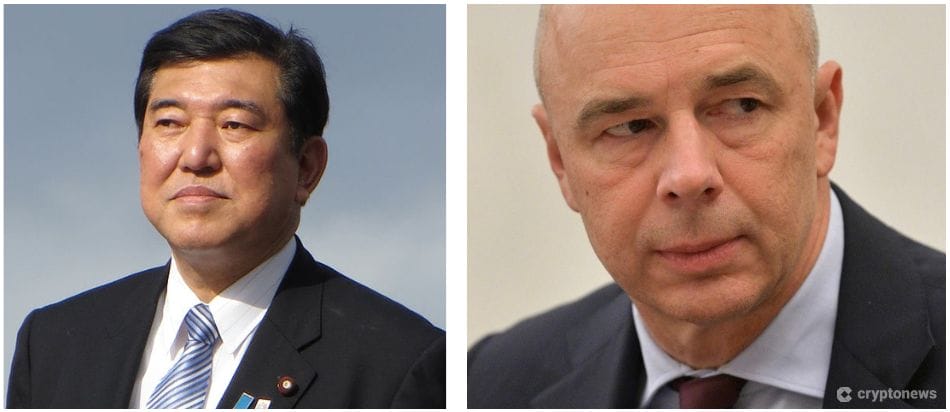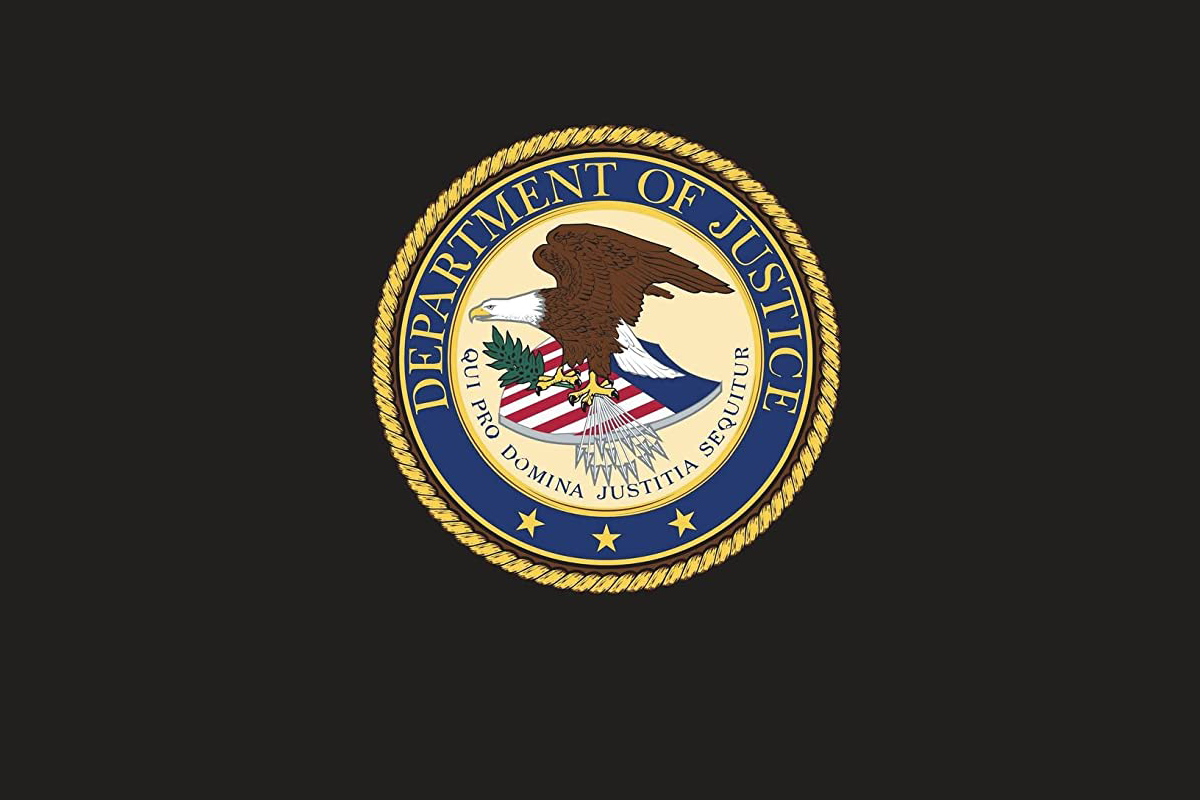Last updated:
 Why Trust Cryptonews
Why Trust Cryptonews
Ad Disclosure
We believe in full transparency with our readers. Some of our content includes affiliate links, and we may earn a commission through these partnerships. Read more

The governments of Japan and Russia have ruled out creating national Bitcoin (BTC) reserves in the near future.
Both said they would prefer to see how other countries – such as the USA – develop Bitcoin reserves before taking action.
In Japan, the government issued a statement in response to a question from a lawmaker who suggested the state begin stockpiling BTC.
And in Moscow, the nation’s Finance Minister stated that Russia would be “better off keeping” its “powder dry.”

Japan, Russia: No Bitcoin Reserve Plans
On December 11, the Japanese lawmaker Satoshi Hamada asked for the government’s opinion on his claim that “Japan should follow the example of the United States and other countries.”
Hamada urged Tokyo to “consider converting part of its foreign exchange reserves into cryptocurrencies such as Bitcoin.”
In a government release published on the Japanese House of Councillors’ website, Prime Minister Shigeru Ishiba’s office stated that it does not yet “have a detailed understanding of developments in the United States and other countries.”
Ishiba’s office said that plans to roll out a national Bitcoin reserve in the US and elsewhere were “still in their early stages.”
As such, the PM’s team said, it is still “difficult for the government to express a view” on the matter.
Lack of Legal Framework
The written response also made note of the fact that Japanese law does not currently allow Tokyo to hold crypto.
And the PM’s team wrote that existing foreign currency reserves are only “intended to stabilize Japan’s foreign currency-denominated assets and foreign currency bond markets.”
The government added that the “volatility of cryptoassets, including Bitcoin,” made them “incompatible with the current system.”
The Japanese media outlet CoinPost wrote that the “official response from Prime Minister Ishiba” once again “demonstrates that the Japanese government is maintaining a cautious stance” on crypto.
Ishiba has made a series of cagey remarks on crypto adoption in recent weeks. These include non-committal and conservative comments on possible crypto tax reforms and Bitcoin spot ETF approval.
The outlet wrote that Ishiba’s comments come “amid ongoing discussions both at home and abroad about using crypto as a national reserve asset.”
No Russian BTC Reserve?
Meanwhile, Russia’s RBC reported that Finance Minister Anton Siluanov told a student audience at the state-run Financial University that “the issue of creating a cryptocurrency reserve could be considered in the future,” but noted that the matter was not currently on the table.
Siluanov said the issue could be contemplated at a future date, after Moscow “assesses what happens over the next five to 10 years.”
“It is of course easy to [say]: If you had invested money in Bitcoin at the beginning of the year, you would have earned twice or even three times your money back. However, there is also a risk of loss. So the state does not take those kinds of financial risks. Not at all. It is better to earn less, but keep – as they say – your powder dry,”
Russian Finance Minister Anton Siluanov
Siluanov added that despite the rapid growth in BTC prices this year, “cryptocurrencies are less predictable today than other assets.” However, he added:
“Maybe someday, we will come around to the idea of [building a national Bitcoin reserve]. The Americans are talking about this now. They are talking about using crypto as a national reserve asset. But since crypto is a very volatile instrument, investing a sovereign state’s funds in something so [unpredictable] is probably dangerous.”
Trump Ready to Act
US President-elect Donald Trump has spoken about launching state-operated BTC reserve on multiple occasions.
American lawmakers have already prepared the ground for this, crafting a bill that would prepare the legal framework for such a move.
VanEck analysts have claimed that the US could be in line to slash its debt by 35% by 2049 if Washington starts buying Bitcoin.
Other nations are also exploring their BTC-buying options, with Brazilian officials particularly keen.
Lawmakers elsewhere in the world, including both Japan and Russia, have also urged their governments to act fast to stay on an even footing with Washington.





